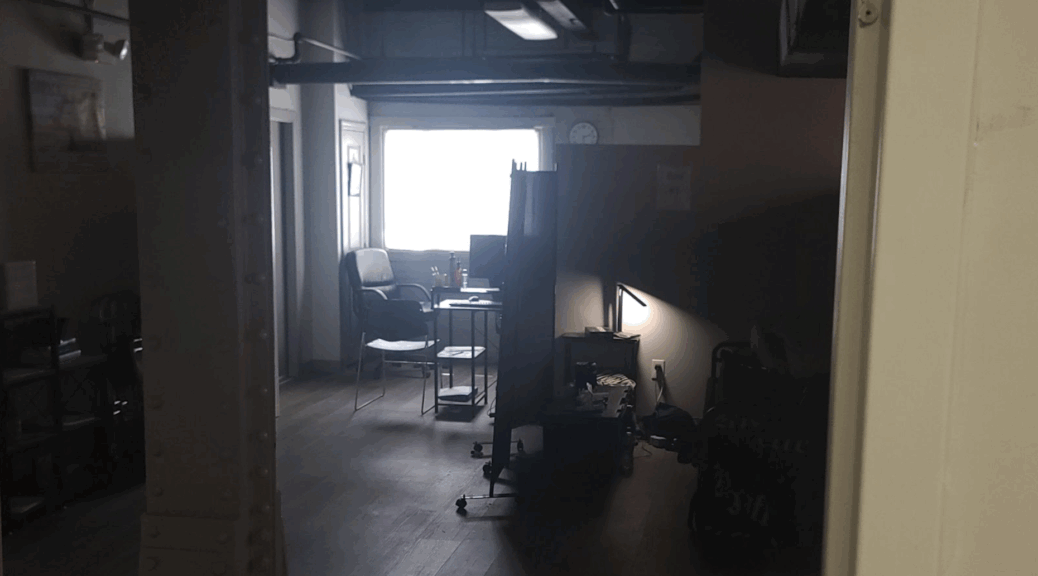By Mika’il Malik
The Rescue Mission of Trenton has opened its Medical Respite Center, a facility designed to provide temporary care for individuals experiencing homelessness who have been recently discharged from a hospital.
According to Princeton University’s School of Public and International Affairs, this initiative is a collaboration with the New Jersey Coalition to End Homelessness, and is already making a significant impact in addressing gaps in post-hospital care for Trenton’s unhoused community since its opening on November 1, 2024.
The idea for the center was spearheaded by Ben Harris, a second-year Master of Public Affairs student at Princeton University, during his internship with the New Jersey Coalition to End Homelessness.
Harris played a pivotal role in establishing the center, helping develop its business plan, budget and operational model.
“A lot of what we’re doing is infection control and infection prevention,” Harris said in an interview with The Streetlight. “If someone comes out [of the hospital] with a wound or some sort of stitching and they go out into the street, that’s gonna have a high propensity to become infected.”
The Medical Respite Center offers a clean, stable environment for individuals to recover in while receiving assistance in transitioning to stable housing or shelter. The facility currently operates with four beds, and has a Licensed Practical Nurse and a case manager on staff.
Patients admitted to the center must be ambulatory, meaning they can still move independently or with assistance, and are encouraged to leave during the day to attend follow-up medical appointments, visit family or seek housing. However, patients return in the evening to sleep and continue their recovery.
“The LPN helps with basic clinical supervision, like ensuring they take their medications or coordinating their follow-up care,” Harris said. “The case manager is there to help them plan what’s next — whether it’s finding housing or securing documents.”
The goal, Harris said, is to help patients fully recuperate before reintegrating into their everyday lives.
According to DuEwa Edwards Dickson, chief of supportive services at the Trenton Rescue Mission, patrons are typically referred to the Medical Respite Center directly from hospitals. Once admitted, individuals may stay for up to 90 days, though most tend to leave before reaching the 60-day mark. The facility also offers private rooms when necessary, providing additional flexibility based on patients’ needs.
Funding for the center initially came from the state, recognizing its role in infection control and reducing hospital readmissions. Mercer County has also contributed funding. However, Harris noted that securing long-term financial sustainability remains a challenge.
“We’re trying to make it a well-oiled machine that’s fully operational, but we’re still working on long-term funding,” he said.
Beyond its practical benefits, the center is helping reshape public perception of homelessness in Trenton. Harris emphasized that
facilities like this not only benefit individuals in need but also serve the broader community by reducing hospital costs and encouraging long-term recovery.

